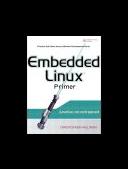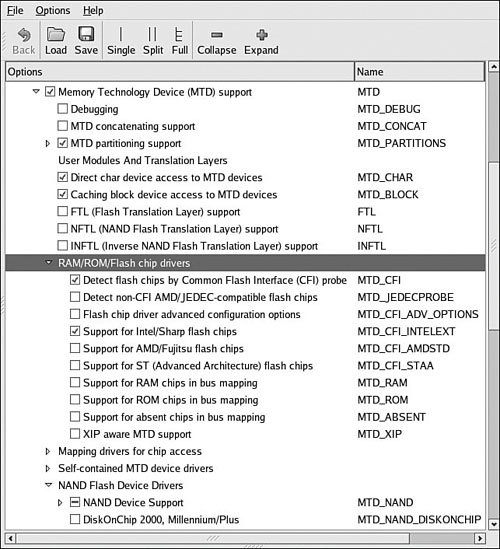
Comprehensive Real-World Guidance for Every Embedded Developer and Engineer
This book brings together indispensable knowledge for building efficient, high-value, Linux-based embedded products: information that has never been assembled in one place before. Drawing on years of experience as an embedded Linux consultant and field application engineer, Christopher Hallinan offers solutions for the specific technical issues you're most likely to face, demonstrates how to build an effective embedded Linux environment, and shows how to use it as productively as possible.
Hallinan begins by touring a typical Linux-based embedded system, introducing key concepts and components, and calling attention to differences between Linux and traditional embedded environments. Writing from the embedded developer's viewpoint, he thoroughly addresses issues ranging from kernel building and initialization to bootloaders, device drivers to file systems.
Hallinan thoroughly covers the increasingly popular BusyBox utilities; presents a step-by-step walkthrough of porting Linux to custom boards; and introduces real-time configuration via CONFIG_RT--one of today's most exciting developments in embedded Linux. You'll find especially detailed coverage of using development tools to analyze and debug embedded systems--including the art of kernel debugging.
• Compare leading embedded Linux processors
• Understand the details of the Linux kernel initialization process
• Learn about the special role of bootloaders in embedded Linux systems, with specific emphasis on U-Boot
• Use embedded Linux file systems, including JFFS2--with detailed guidelines for building Flash-resident file system images
• Understand the Memory Technology Devices subsystem for flash (and other) memory devices
• Master gdb, KGDB, and hardware JTAG debugging
• Learn many tips and techniques for debugging within the Linux kernel
• Maximize your productivity in cross-development environments
• Prepare your entire development environment, including TFTP, DHCP, and NFS target servers
• Configure, build, and initialize BusyBox to support your unique requirements
10.3.4. Flash Chip Drivers
10.3.4. Flash Chip Drivers
MTD has support for a wide variety of Flash chips and devices. Chances are very good that your chosen chip has also been supported. The most common Flash chips support the Common Flash Interface (CFI) mentioned earlier. Older Flash chips might have JEDEC support, which is an older Flash compatibility standard. Figure 10-4 shows the kernel configuration from a recent Linux kernel snapshot. This version supports many Flash types.
Figure 10-4. Flash device support
If your Flash chip is not supported, you must provide a device file yourself. Using one of the many examples in .../drivers/mtd/chips as a starting point, customize or create your own Flash device driver. Better yet, unless the chip was just introduced with some newfangled interface, chances are good that someone has already produced a driver.





